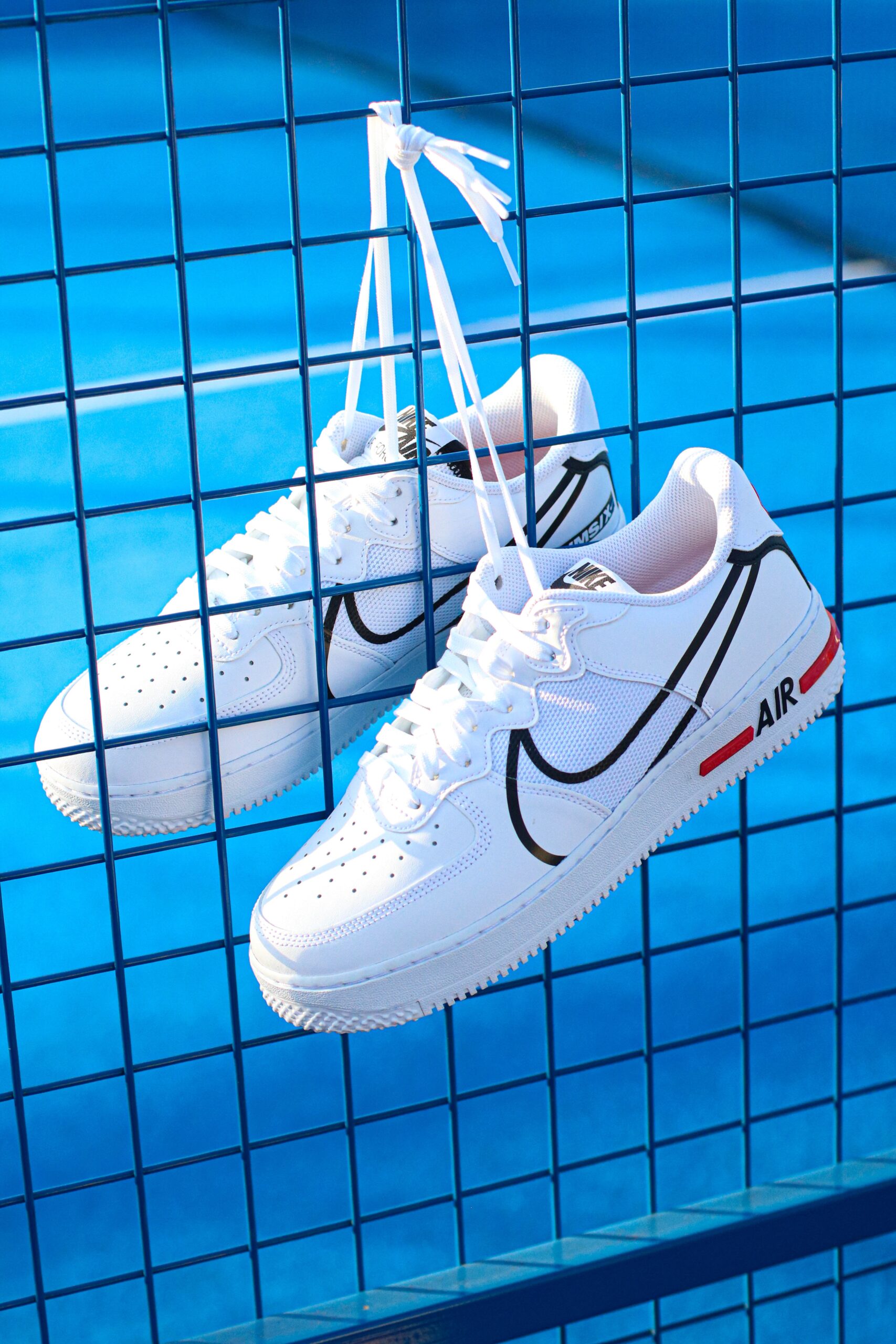Tennis is a fantastic sport for kids. It promotes physical fitness, agility, and teaches important life skills like teamwork, sportsmanship, and discipline. However, like any sport, tennis can also pose some risks, particularly when it comes to injuries. One of the key aspects of injury prevention in kids’ tennis is ensuring they have the right footwear. In this comprehensive guide, we will explore why proper footwear is crucial for preventing injuries in young tennis players.
Why is Tennis Footwear Important for Kids?
Before we delve into the details of proper tennis footwear, it’s essential to understand why it’s so important for kids. Young athletes, while full of energy and enthusiasm, are also at a higher risk of injuries compared to adults. Their bodies are still developing, and they may not have the coordination and balance of more experienced players. Proper footwear can make a significant difference in reducing these risks.
Common Tennis Injuries in Kids
In order to appreciate the significance of proper footwear in injury prevention, let’s take a closer look at some common tennis injuries in kids:
1. Ankle Sprains
Ankle sprains are among the most prevalent tennis injuries in kids. The abrupt stops, starts, and lateral movements in tennis can put significant stress on young, developing ankle joints. Ill-fitting or inadequate footwear can exacerbate the risk of ankle sprains.: 2. Shin Splints
Shin splints, a painful condition along the shinbone, can occur in kids who play tennis without proper shock absorption and arch support in their shoes. This condition can be debilitating and negatively impact a child’s tennis performance and overall enjoyment of the sport.
3. Stress Fractures
Stress fractures are tiny cracks in the bones, often resulting from repetitive impact. Kids with improper footwear are more susceptible to these injuries, as their developing bones are not as resilient as those of adults.
4. Plantar Fasciitis
Plantar fasciitis is an inflammation of the thick tissue that runs across the bottom of the foot and connects the heel bone to the toes. Inadequate arch support and cushioning in tennis shoes can lead to this painful condition in young tennis players.
By addressing these common injuries, it’s clear that proper tennis footwear is essential for the safety and well-being of young athletes.
What Constitutes Proper Tennis Footwear?
To provide the best protection against injuries in kids’ tennis, proper tennis footwear should meet several key criteria:
1. Appropriate Fit
One of the most critical aspects of proper tennis footwear is a snug yet comfortable fit. The shoes should not be too tight or too loose. The ideal fit allows for natural movement while providing adequate support.
2. Good Traction
Tennis involves quick direction changes and sprints, so tennis shoes should have excellent traction. They should prevent slipping on the court, especially during high-intensity movements.
3. Ankle Support
As previously mentioned, ankle sprains are common in tennis. Therefore, tennis shoes for kids should offer proper ankle support. This support typically comes from a combination of a well-fitted upper and cushioning around the ankle.
4. Arch Support and Cushioning
Young tennis players need shoes with ample arch support and cushioning to absorb shock and prevent conditions like shin splints and plantar fasciitis. Proper cushioning helps to reduce the stress on the foot and lower leg.
5. Durability
Kids can be tough on their shoes, so tennis footwear must be durable. Look for shoes with reinforced toe caps and durable outsoles to ensure they can withstand the rigors of the game.
6. Breathability
Proper ventilation is crucial to keep the feet dry and comfortable. Breathable materials in the shoe’s upper prevent excessive sweating and reduce the risk of blisters and other foot problems.
Choosing the Right Tennis Shoes for Kids
Now that we understand the importance of proper tennis footwear and what constitutes an ideal pair, let’s explore how to select the right tennis shoes for your child.
1. Get a Professional Fitting
The most critical step in choosing tennis shoes for kids is getting a professional fitting. Many sports stores have trained staff who can measure your child’s feet and recommend the appropriate size and type of tennis shoe. Remember that the size of tennis shoes may differ from regular shoes.
2. Consider the Playing Surface
The type of court your child plays on matters. Different tennis court surfaces (e.g., clay, grass, hard court) may require specific types of tennis shoes. Ensure you choose shoes that are appropriate for the surface your child frequently plays on.
3. Prioritize Comfort and Fit
When trying on tennis shoes, your child should focus on comfort and fit. They should feel snug but not tight. Have your child walk and jog in the store to test the shoes’ comfort and support.
4. Ask About Arch Support
Check with the store or the shoe manufacturer about the level of arch support and cushioning in the shoes. If your child has specific arch support needs, make sure the shoes can accommodate them.
5. Consult Your Child’s Coach
Your child’s tennis coach can provide valuable insights into the kind of footwear that would best suit their playing style and needs. Don’t hesitate to seek their advice.
6. Budget Wisely
While it’s essential to prioritize quality and safety, also consider your budget. Tennis shoes come in a wide price range, so find a pair that strikes a balance between cost and quality.
Maintaining Tennis Footwear
Proper tennis footwear doesn’t stop at the purchase. It’s equally vital to maintain and care for the shoes to ensure their longevity and effectiveness in injury prevention.
1. Rotate Shoes
If your child plays tennis frequently, consider investing in two pairs of tennis shoes. Alternating between them allows each pair to air out and helps prolong their lifespan.
2. Clean and Dry
Clean the tennis shoes regularly to remove dirt and sweat. Allow them to dry thoroughly after each use to prevent odors and the growth of bacteria.
3. Replace Worn-Out Shoes
Tennis shoes have a lifespan, especially when worn regularly. When you notice visible signs of wear and tear, it’s time to replace them to maintain the required support and protection.
Conclusion
In conclusion, proper footwear is a crucial component of injury prevention in kids’ tennis. The right tennis shoes can significantly reduce the risk of common injuries like ankle sprains, shin splints, stress fractures, and plantar fasciitis. When choosing tennis shoes for your child, prioritize fit, traction, ankle support, arch support, durability, and breathability. Always seek professional fitting and consult with your child’s coach for guidance. Remember that the investment in proper tennis footwear is an investment in your child’s safety and long-term enjoyment of the sport.
By ensuring your child wears the right tennis shoes, you can help them stay injury-free and foster their love for the game. Proper footwear is not just a part of the game; it’s a part of the journey toward becoming a skilled, healthy, and happy young tennis player.





